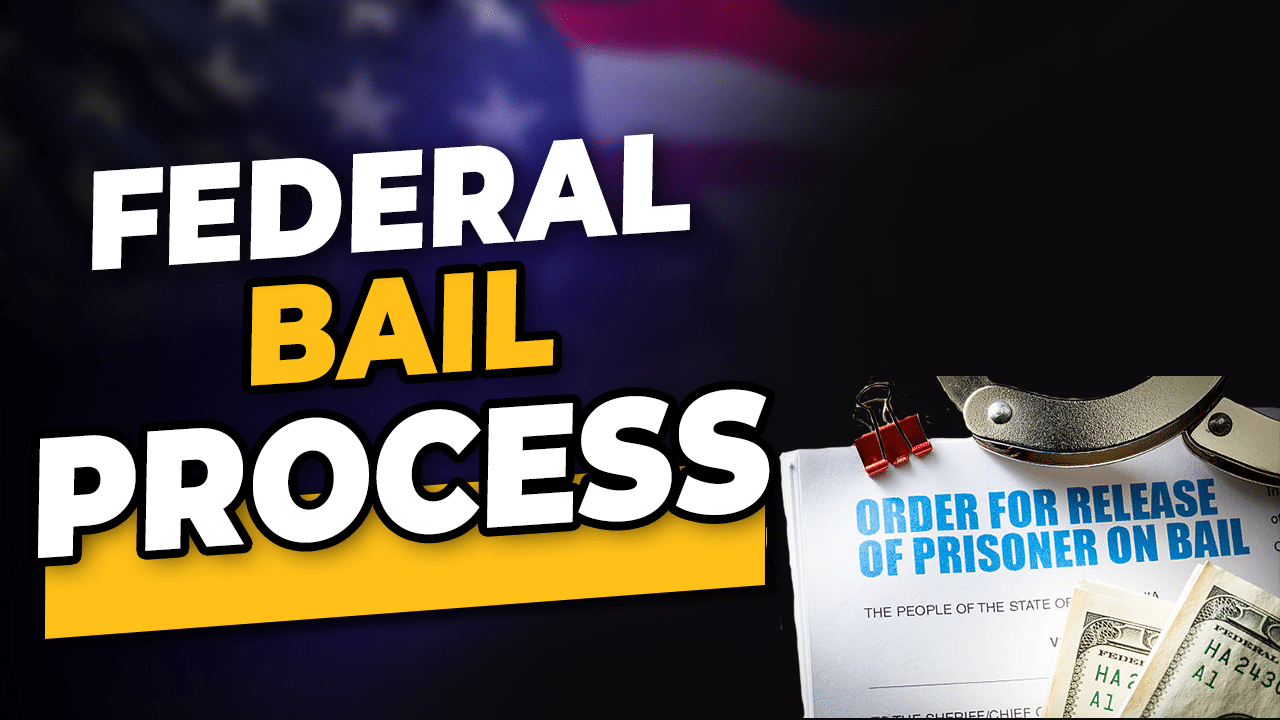Montgomery County Bail Bonds - Quick and Affordable Solutions
Montgomery County Bail Bonds - Quick and Affordable Solutions
Blog Article
Browsing the Legal Maze: Bail Bonds Explained for Beginners
Navigating the intricacies of the lawful system can frequently seem like traversing a daunting maze, particularly when it involves recognizing Bail bonds. For beginners entering this unfamiliar terrain, comprehending the ins and outs of Bail bonds is crucial in guaranteeing a smooth and educated procedure. From the basics of how Bail bonds work to the numerous types offered, each facet plays an important role in promoting the release of individuals awaiting trial. As we delve deeper right into this topic, clarity will certainly be lost on the bail bond procedure, the connected expenses, and beneficial pointers for effectively engaging with bondsman.
Essentials of Bail Bonds
Comprehending the essential concepts of Bail bonds is important for navigating the legal process effectively and properly. Bail bonds work as a monetary warranty that a defendant will appear in court as called for. When a person is detained, they might be granted the chance to post Bail in order to safeguard their launch until their court date. If the person can not pay for the complete Bail amount set by the court, a bail bond representative can be enlisted to offer the essential funds on their part.
Basically, a bail bond is a contract between the accused, the court, and the bail bond representative - bail bonds montgomery county. The representative accepts pay the full Bail amount if the defendant fails to appear in court, in exchange for a non-refundable cost normally set at 10% of the complete Bail. This cost works as the representative's profit for handling the threat of the offender's non-appearance. By recognizing these basic concepts of Bail bonds, people can make educated decisions when confronted with legal difficulties that call for financial aid for their release.
Kinds Of Bail Bonds
The most common kind is a cash bond, where the accused or a loved one pays the full Bail amount in cash money. An additional alternative is a surety bond, where a bail bondsman pays the Bail on part of the offender for a cost, generally around 10% of the total Bail amount. Comprehending these various types of Bail bonds can help people navigate the lawful process more properly.
Bail Bond Process Clarified
The bail bond procedure entails a collection of lawful actions that promote the release of an offender from wardship pending their court appearance. When a person is detained, a court establishes a bond quantity based on the severity of the supposed criminal offense and the likelihood of the accused appearing in court. They can look for the services of a bond bondsman if the defendant can not pay for the full Bail amount. The defendant or their liked ones pay the bondsman a non-refundable charge, generally a portion of the overall Bail quantity, to protect a bail bond. The bondsman after that publishes the complete Bail amount to the court, guaranteeing the offender's appearance in any way court process.

Understanding Bail Bond Costs
Upon protecting a bail bond via a bondsman, individuals experience a necessary aspect of the lawful procedure: the monetary responsibilities linked to the bail bond. Bail bond expenses usually entail a non-refundable cost, generally around 10% of the total Bail amount set by the court.
Along with the costs, collateral may be called for to protect the bail bond. Security can be in the type of property, beneficial assets, or a co-signer that guarantees payment if the offender avoids Bail. The collateral acts as a back-up prepare for the bondsman in case the offender absconds.
It's critical for individuals looking for Bail bonds to completely recognize the prices involved and the regards to the agreement prior to proceeding. By being informed about bail bond prices, individuals can navigate the legal process better and make educated decisions.
Tips for Collaborating With Bail Bondsmen

In addition, it's necessary to offer accurate info concerning the defendant and their case. This includes information such as their full name, day of birth, the place of their arrest, and the fees they are facing. bail dayton ohio. Offering wrong or incomplete details can result in delays in the moved here bail bond procedure

Final Thought
In conclusion, understanding the essentials of Bail bonds, the different kinds offered, the process included, and the prices related to them is essential for browsing the lawful system. By dealing with Bail bondsmen and complying with these pointers, individuals can ensure a smoother and a lot more effective Bail procedure. When dealing with Bail bonds to stay clear of any unneeded complications or misconceptions., it is essential to be notified and educated.
Basically, a bail bond is a contract in between the defendant, the court, bail on someone and the bail bond agent. Another choice is a surety bond, where a bond bondsman pays the Bail on behalf of the defendant for a fee, commonly around 10% of the complete Bail amount. The offender or their liked ones pay the bondsman a non-refundable fee, typically a portion of the overall Bail quantity, to secure a bail bond.Upon securing a bail bond through a bail bondsman, people come across a crucial facet of the lawful process: the financial obligations connected to the bail bond. Bail bond expenses generally involve a non-refundable cost, usually around 10% of the total Bail amount set by the court.
Report this page